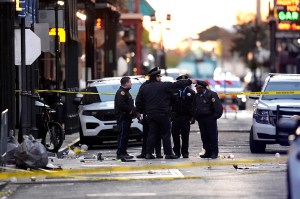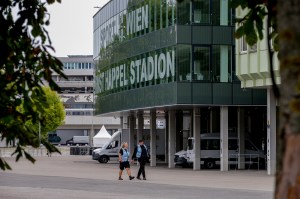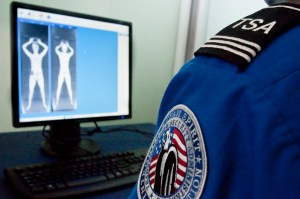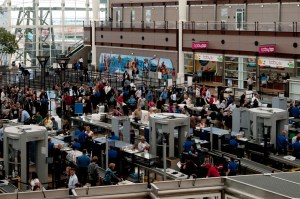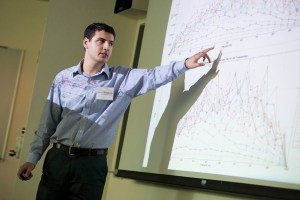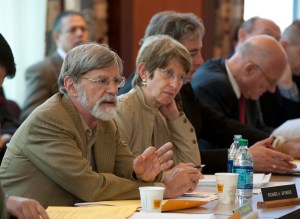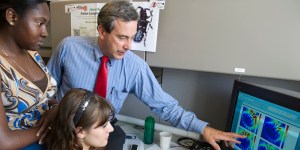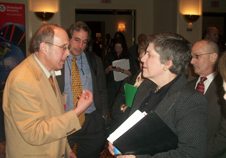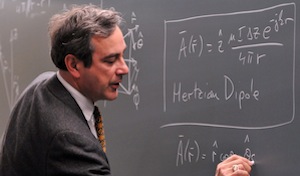
Carey
Rappaport
Distinguished Professor, Electrical and Computer Engineering
Carey Rappaport in the Press

Israel hopes technology will help it fight in Hamas’s tunnels
Like its maritime counterpart, this involves sending out sound waves (often by hammering on a metal plate) and listening for echoes. Pinging the underworld in this way, says Carey Rappaport, a computer scientist at Northeastern University in Massachusetts, can reveal tunnels 100 metres down.
Boston Herald
Experts: Electronics ban on flights may expand
Carey Rappaport, deputy director of the U.S. Department of Homeland Security’s Awareness and Localization of Explosive-Related Threats Center, acknowledged that the restrictions present a real inconvenience for people, particularly those who use the devices to get work done during long flights. “But if there’s credible intelligence that terrorists are threatening us with more effective means […]

As Donald Trump calls for wall on Mexican border, smugglers dig tunnels
Carey M. Rappaport, a professor of electrical and computer engineering at Northeastern University in Boston, said the depth of many tunnels also posed a technological challenge. Some can be as deep as 90 feet, beyond the reach of most ground-radar devices and sensors. “Soil is very good at keeping secrets,” said Mr. Rappaport, who has […]

Northeastern University using microwaves to diagnose breast cancer
The same kinds of microwaves used in air traffic control radar is being used by researchers at Northeastern University to better see and diagnose breast cancer. Since microwaves bounce back differently depending on what they hit and where they hit it, electrical and computer engineering professor Carey Rappaport says the technology is ideal to look […]
